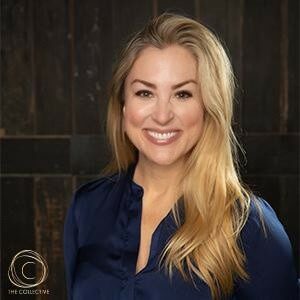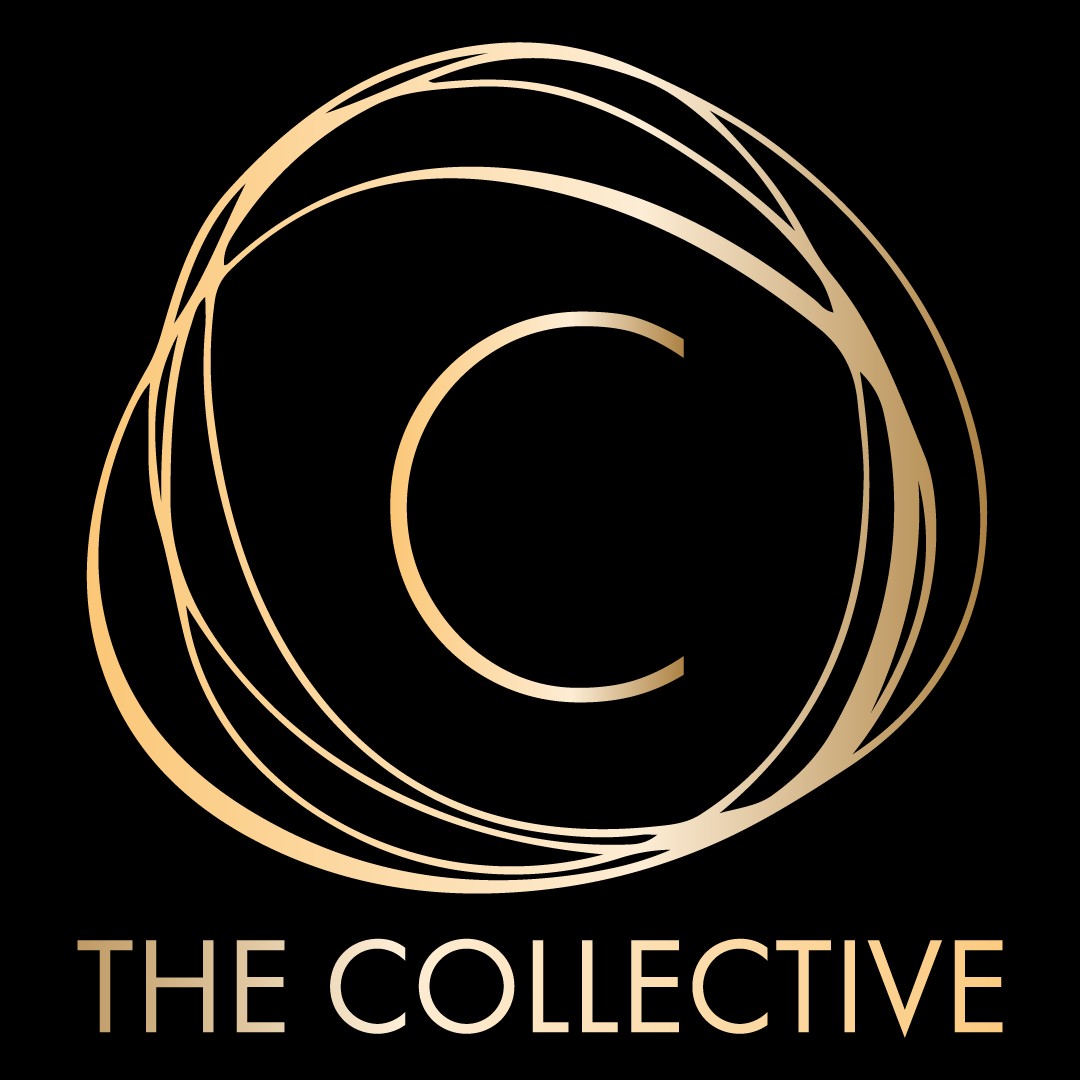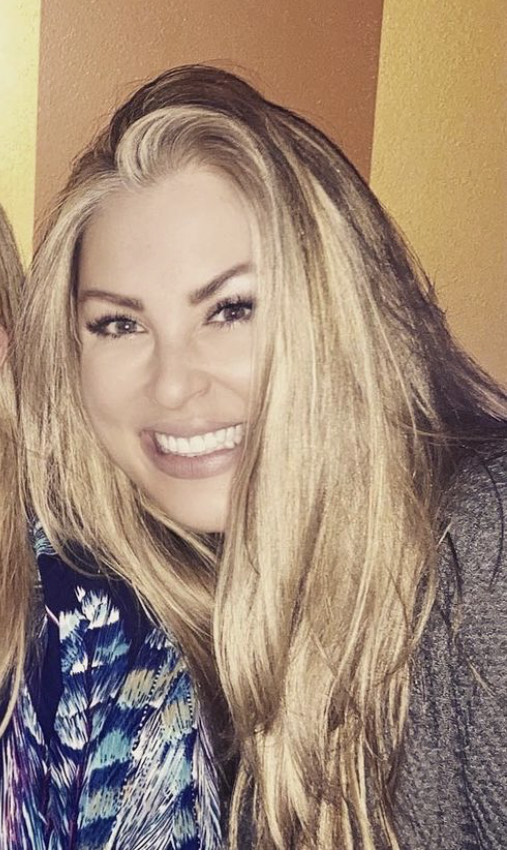 Today we’d like to introduce you to Courtney Grimes.
Today we’d like to introduce you to Courtney Grimes.
Courtney, we appreciate you taking the time to share your story with us today. Where does your story begin?
I am from Atlanta and moved to Nashville in the late 90s. When I arrived, I didn’t know anyone and spent lots of time alone. That loneliness bled out into depression, anxiety, alcohol abuse, exercise addiction and ultimately exacerbated an already present eating disorder.
I was alone, I felt totally isolated and had so much shame around my mental health that I told no one. Absolutely no one. This carried on for years – even when I started new jobs, made new friends, or went to new places, I was quietly dying – disintegrating inside. It was so hard to think, sleep and sometimes even breathe. I was in constant pain, both physical and emotional, and felt powerless to stop it – like something else had grabbed control of my brain and was treating me like a puppet.
Eventually, my self-destructive cycle began to take a pretty big physical toll. My body was emaciated, my eyes sunken in, I had become more and more secretive and lost most of my friends by then. It was hard to keep a job, solve a problem or even find my way home sometimes. Blackouts were common – from alcohol, exercise, and starvation. The shame had grown even worse and only acted to fuel my behaviors, telling me I “deserved the pain.”
Finally, a good friend (one of the only ones I had left) intervened and forced me into a doctor’s office. The doctor immediately diagnosed me with an eating disorder, depression, and anxiety, quite possibly stemming from some unresolved trauma earlier in my life. I kicked and screamed and fought back. How dare he try to take what’s mine – the only thing in the entire universe I could control – the only things that were constantly there for me.
He told me he couldn’t find a heartbeat with his stethoscope – that my heart was so small and weak because my body was eating it to survive. He told me my body was so wrecked that he said I had 90 days left before I had a heart attack that would most certainly kill me. I gave in to mental health treatment. Not because I wanted to, but because I had to. Because if I didn’t, that doctor was going to send me away, tell my family, and expose my secrets.
That was the first day of the rest of my life.
Through my recovery process, I saw how wonderful it is to be free from addiction and mental illness. I had a therapist, a dietician, and a medical team patiently, carefully help me walk out of the dark. I got my life back. I got my friends back. I got myself back.
The power of this journey is indescribable. Those of you who have experienced this know exactly what I’m talking about. And for those of you who haven’t – just know that your love and support for anyone who is experiencing this is priceless and life-giving.
Afterward, I decided to leave the music industry – a place I had worked so hard for so long to be. I went back to school, I got new degrees and licensures to be a mental health clinician, I completely and entirely rerouted absolutely everything. And for the rest of my life, I will humbly and excitedly help others walk out of the dark as well.
Can you talk to us a bit about the challenges and lessons you’ve learned along the way? Looking back would you say it’s been easy or smooth in retrospect?
Recovery is awful. It hurts like it physically hurts. I wanted to quit almost every day. Some days, I couldn’t get out of bed or go to work – I was so, so profoundly sad and lonely.
Other days I couldn’t quit moving and I couldn’t sleep and all I wanted to do was run because my anxiety had me feeling like I was going to crawl out of my skin. When you recover from a restrictive eating disorder your body has a lot of work to do restoring everything that has been destroyed. It’s mentally, emotionally, spiritually, and physically exhausting.
Until it’s not.
Eventually, I realized things weren’t as difficult as they were a month ago, even a week ago. I was having fewer days in the dark and more days in the light. I started laughing again. And I began to pick myself up. I had work to do repairing relationships I had damaged or lost entirely.
I had to take a very good, long look in the mirror and decide who I was going to be in this world. And I had to take small steps to start making that happen. And it wasn’t easy, but it was possible.
Thanks – so what else should our readers know about The Collective?
When I first began to dream of The Collective community and this program, I knew I was stumbling upon something very special. Through my work in private practice as a psychotherapist, I hear all day – every day – from amazing, beautiful, kind, smart, and funny people about how lonely they all are. I began to see firsthand how often that loneliness was spiraling people into a dark depression and crippling anxiety. That depression and anxiety were being managed through alcohol, drugs, eating disorders, shopping, you name it!
Additionally, I have worked with so many clients who have come home from amazing treatment centers, rehabs, and higher levels of care. When they re-enter their daily lives they are using all the wonderful, amazing tools and resources that they learned while they were away, and they are on fire for their recovery process! Slowly but surely, many of them re-enter a life that is the same life they left – the same circumstances that made them sick in the first place. And what happens? They go right back to the same behaviors they used before – a relapse into depression, anxiety, addiction, etc.
And it began to occur to me, that what many of us are missing in this life is a healthy community… a tribe. If we do not have the opportunity to create a sustainable SOCIAL change in our lives, if our circles and circumstances never evolve, chances of us relapsing into mental illness and dysfunctional behaviors are pretty high.
Humans are pack animals, and when we are siloed off and separated from each other, we get sick. With the increase in technology, social media, and internet-based communication, we are getting more and more separated every single day.
The Collective is a welcoming and safe treatment program to connect and heal from depression, anxiety, and loneliness at our core. It’s an opportunity to do deeper work, heal, and stay connected with others who have done the same. It includes a small group, therapy, nutrition, medication (when needed), yoga, massage, and everything needed to address the whole human.
And when participants graduate from the program, they are introduced to the entire Collective community – all the folks who have graduated before them and continually introduced to all the folks who graduate after them, in order for a healthy network of potential new friends to grow – all with a shared experience! We even have a treatment scholarship fund to help qualified applicants to participate!
What do you like best about our city? What do you like least?
What I love best about Nashville is that no one meets a stranger! It seems like everyone who lives here is from somewhere else – essentially making us all familiar with “being the new kid.” I love how friendly, warm and open Nashville is, and how wonderfully supportive our community can be.
What I hate about Nashville is how expensive everything is getting, and all this road work!
Contact Info:
- Email: [email protected]
- Website: www.mycollectivecare.com
- Instagram: @thecollectivenashville
- Facebook: The Collective Nashville


Image Credits
Rachael Black












